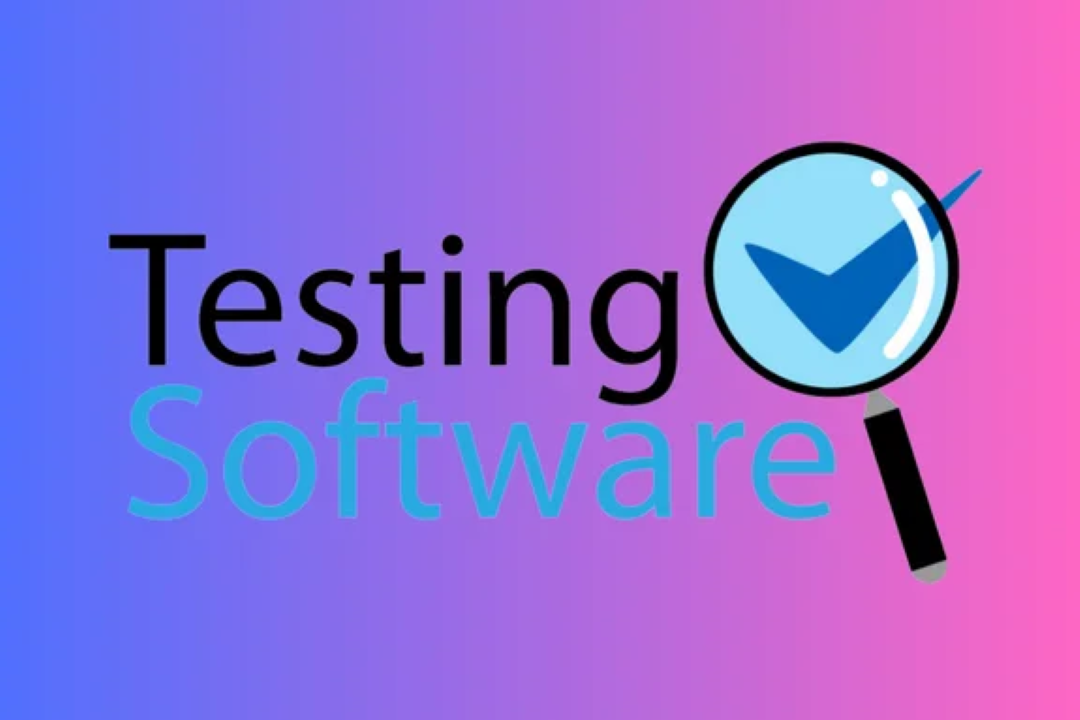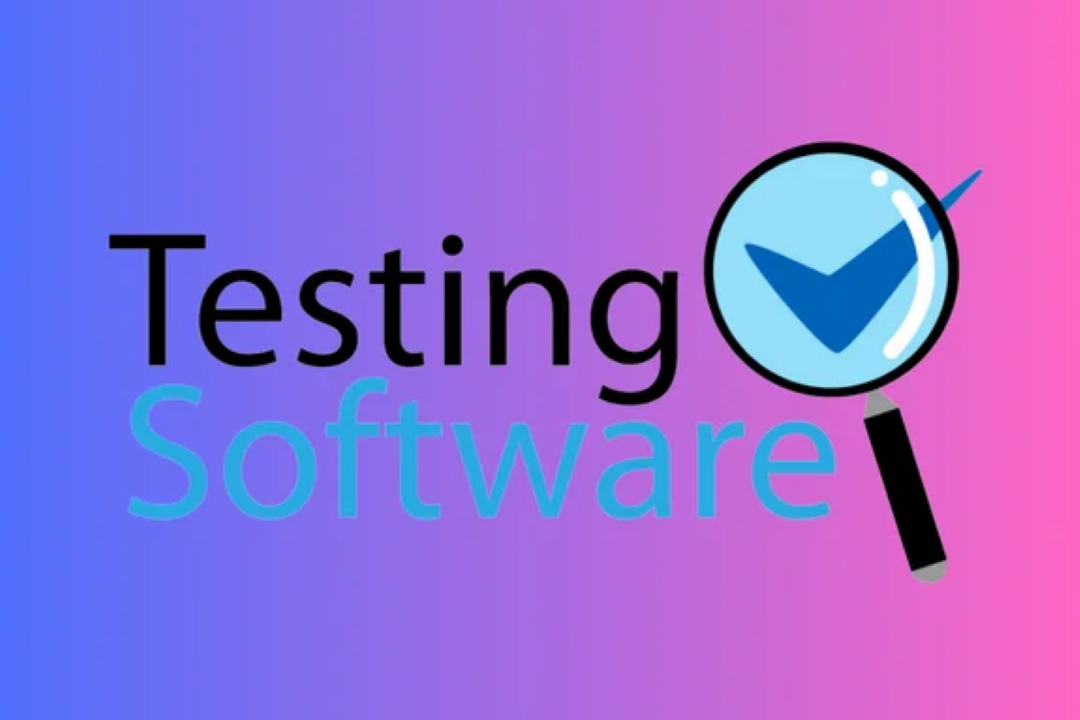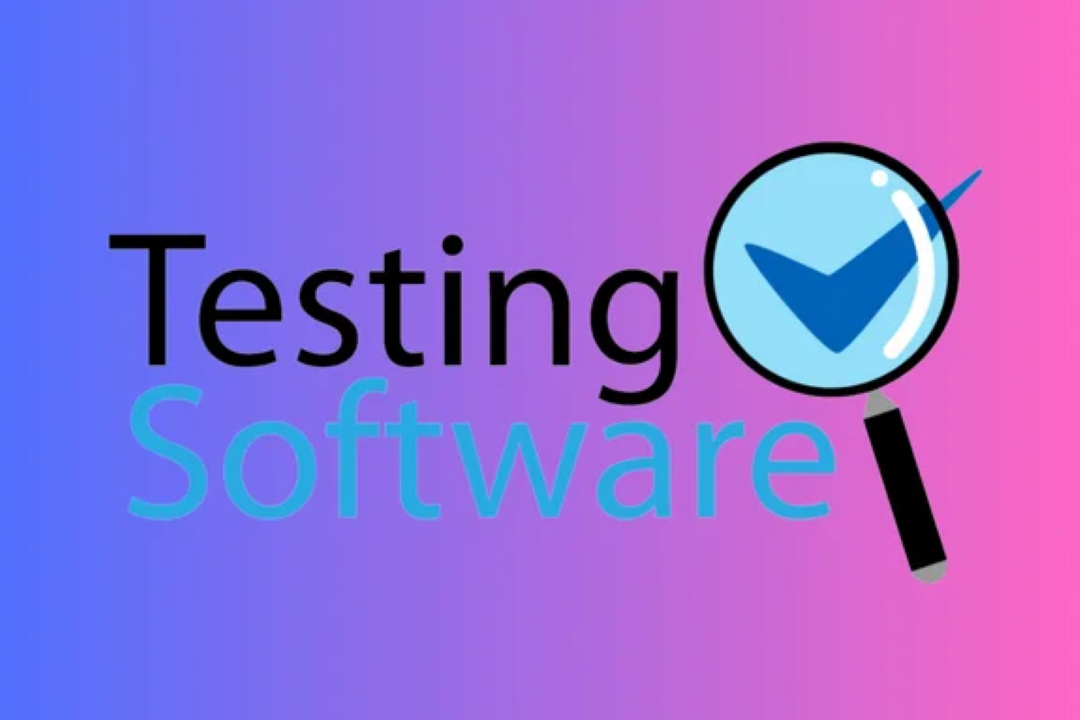Selenium Testing Course Duration
The Selenium Testing Course at JustAcademy is designed to provide an in-depth understanding of autom
Selenium Testing Course Duration
The Selenium Testing Course at JustAcademy typically spans several weeks, offering a flexible schedule that accommodates both self-paced and instructor-led learning formats. This duration is thoughtfully designed to provide participants with a comprehensive understanding of automated testing principles, along with hands-on experience through real-time projects. By the end of the course, learners will have developed the skills necessary to effectively implement Selenium in various testing environments, enhancing their employability and proficiency in software development life cycles. This practical experience, combined with theoretical knowledge, prepares participants to tackle real-world challenges in quality assurance and ensures they are well-equipped for careers in automated testing.
To Download Our Brochure: https://www.justacademy.co/download-brochure-for-free
Message us for more information: +91 9987184296
The Selenium Testing Course at JustAcademy typically spans several weeks, offering a flexible schedule that accommodates both self paced and instructor led learning formats. This duration is thoughtfully designed to provide participants with a comprehensive understanding of automated testing principles, along with hands on experience through real time projects. By the end of the course, learners will have developed the skills necessary to effectively implement Selenium in various testing environments, enhancing their employability and proficiency in software development life cycles. This practical experience, combined with theoretical knowledge, prepares participants to tackle real world challenges in quality assurance and ensures they are well equipped for careers in automated testing.
Course Overview
The Selenium Testing Course at JustAcademy is designed to equip participants with essential skills in automated software testing. Spanning several weeks, the course offers an in-depth exploration of Selenium, covering its core features, best practices, and advanced techniques. Through a blend of theoretical knowledge and hands-on real-time projects, learners will gain practical experience in test case design, execution, and maintenance. By the conclusion of the course, participants will be proficient in utilizing Selenium to enhance software quality and efficiency, preparing them for rewarding careers in QA and software development testing. This dynamic learning experience fosters a robust understanding of automated testing, ensuring students are ready to meet industry demands.
Course Description
The Selenium Testing Course at JustAcademy offers an immersive learning experience designed to span four weeks, providing an intensive curriculum that blends theoretical concepts with practical, hands-on projects. Participants will explore the fundamentals of Selenium, including its functionalities, features, and best practices for automated testing. Throughout the course, students will engage in real-time projects that simulate real-world scenarios, allowing them to develop essential skills in test automation, test case design, and execution. By the end of this comprehensive course, learners will possess the expertise needed to utilize Selenium effectively, preparing them for successful careers in quality assurance and software testing.
Key Features
1 - Comprehensive Tool Coverage: Provides hands-on training with a range of industry-standard testing tools, including Selenium, JIRA, LoadRunner, and TestRail.
2) Practical Exercises: Features real-world exercises and case studies to apply tools in various testing scenarios.
3) Interactive Learning: Includes interactive sessions with industry experts for personalized feedback and guidance.
4) Detailed Tutorials: Offers extensive tutorials and documentation on tool functionalities and best practices.
5) Advanced Techniques: Covers both fundamental and advanced techniques for using testing tools effectively.
6) Data Visualization: Integrates tools for visualizing test metrics and results, enhancing data interpretation and decision-making.
7) Tool Integration: Teaches how to integrate testing tools into the software development lifecycle for streamlined workflows.
8) Project-Based Learning: Focuses on project-based learning to build practical skills and create a portfolio of completed tasks.
9) Career Support: Provides resources and support for applying learned skills to real-world job scenarios, including resume building and interview preparation.
10) Up-to-Date Content: Ensures that course materials reflect the latest industry standards and tool updates.
Benefits of taking our course
Functional Tools
1 - Selenium WebDriver
Selenium WebDriver is the core component of the Selenium suite, enabling users to automate web application testing across various browsers. It allows testers to write scripts in multiple programming languages such as Java, Python, and C#. WebDriver interacts directly with the browser, providing a straightforward and efficient way to perform operations like clicking buttons, entering text, and validating elements. Its ability to handle dynamic web pages makes it an essential tool for modern testing environments, ensuring that automated scripts can mimic user behavior effectively.
2) TestNG
TestNG is a testing framework inspired by JUnit and NUnit, designed specifically for integration with Selenium. It provides advanced features like annotations, parallel test execution, and powerful reporting capabilities. TestNG makes it easy to organize tests into test suites, allowing for better management and execution of tests. With its support for data driven testing, students will learn how to create robust and flexible test cases that can adapt to varying input conditions, making TestNG an indispensable tool for any Selenium testing project.
3) Maven
Maven is a project management tool that enhances the build process and dependencies management in Java projects. In the context of Selenium testing, Maven simplifies the configuration of project structure, allowing students to easily manage their automation scripts and dependencies (like Selenium WebDriver and TestNG libraries). By learning how to use Maven, participants will understand best practices for project organization, version control, and continuous integration, equipping them with skills essential for professional software development environments.
4) Jenkins
Jenkins is a widely used open source automation server that facilitates continuous integration and continuous deployment (CI/CD) for software projects. Integrating Selenium tests with Jenkins allows students to automate the execution of test scripts whenever code changes occur, thereby ensuring immediate feedback on application quality. Understanding how to configure Jenkins for automated testing environments will provide learners with valuable insights into modern software development workflows, enabling efficient collaboration between development and testing teams.
5) Docker
Docker is a containerization platform that enables developers to package applications and their dependencies into a standardized unit called a container. For Selenium testing, Docker provides a powerful way to create isolated environments for test execution, ensuring consistency across different setups. By utilizing Docker, students can learn how to run Selenium tests in various browsers and platforms without the hassle of configuration inconsistencies, thereby streamlining the testing process and allowing for easier scaling of testing environments.
6) Cucumber
Cucumber is a tool that supports Behavior Driven Development (BDD), enabling collaboration between technical and non technical stakeholders. It allows tests to be written in a natural language format, improving readability and understanding among all team members. By integrating Cucumber with Selenium, students will learn how to create executable specifications that define how applications should behave. This approach not only enhances collaboration but also ensures that testing aligns closely with business requirements, making it a vital skill in modern software projects.
7) Page Object Model (POM)
The Page Object Model is a design pattern that enhances test maintenance and reduces code duplication when working with Selenium WebDriver. By creating separate classes for each page of the application, students can encapsulate the page specific logic and elements in one place. This modular approach not only simplifies test code but also promotes reusability. Learning POM helps testers create cleaner, more maintainable testing frameworks and makes it easier to update tests when the application's UI changes.
8) API Testing with Postman
While Selenium is primarily used for web UI testing, understanding API testing is crucial for a comprehensive testing strategy. Postman is a popular tool for testing APIs, allowing students to send requests, validate responses, and automate API testing workflows. Gaining expertise in API testing helps participants understand the backend interactions of the application, making them more effective testers who can ensure the integrity of the entire software solution.
9) Automated Reporting
Automated reporting is essential for tracking the progress of test executions and identifying issues quickly. When integrated with testing frameworks like TestNG or Cucumber, reporting tools can generate comprehensive test reports, including pass/fail status and detailed logs. Learning how to implement automated reporting solutions will provide students with insights into their testing outcomes, enabling quicker decision making and enhancing overall test visibility within their teams.
10) Cross Browser Testing
In today’s diverse environment, applications need to perform seamlessly across different browsers and devices. Students will learn how to leverage Selenium Grid for cross browser testing, which allows them to run tests on various configurations in parallel. Understanding the nuances of cross browser testing is critical for ensuring that the end user experience is consistent and flawless, regardless of the platform being used.
11 - Headless Browser Testing
Headless browser testing using tools like Chrome Headless or PhantomJS allows testers to run Selenium scripts without a graphical user interface. This is particularly useful for running automated tests in CI/CD pipelines where visualization is not necessary. Students will gain insights into the benefits of headless testing, including faster execution times and reduced resource consumption, which are vital for optimizing testing workflows.
12) Version Control with Git
Version control is crucial in collaborative software development environments. By learning Git, students will understand how to manage their test scripts, track changes, and collaborate effectively with team members. Integrating Git with automation projects will ensure that everyone on the team is aligned and that the history of testing code changes is well documented, reducing the risk of miscommunication and errors.
13) Error Handling and Debugging
Understanding how to handle errors and debug Selenium tests is essential for creating robust automation scripts. Students will learn techniques such as using try catch blocks, asserting conditions, and implementing logging. Mastering error handling and debugging allows testers to identify and resolve issues quickly, ensuring the reliability and effectiveness of their automated tests.
14) Mobile Testing with Appium
Mobile applications have become fundamental in the digital landscape, and Appium provides a framework for testing both native and hybrid mobile applications. Students will learn how to leverage Selenium’s principles to create automated tests for mobile platforms, expanding their skill set and preparing them for the demands of modern software projects that require mobile responsiveness.
15) Best Practices in Automation Testing
Learning best practices in automation testing is crucial to the success of any testing strategy. Topics such as test case design, script maintenance, and the Management of test data will be covered. Understanding these best practices ensures that students can develop efficient, maintainable, and scalable automation testing frameworks that meet industry standards and improve overall software quality.
These points collectively enhance the knowledge base of participants and equip them with the skills needed to excel in the field of automated testing, ensuring they are well prepared for industry challenges.
Browse our course links : https://www.justacademy.co/all-courses
To Join our FREE DEMO Session:
This information is sourced from JustAcademy
Contact Info:
Roshan Chaturvedi
Message us on Whatsapp: +91 9987184296
Email id: info@justacademy.co
Microsoft Power Bi Training Dubai
APPium MASTER CLASSES SELENIUM 3.0 BY SRIKANTH KATAKAM UDEMY DOWNLOAD












